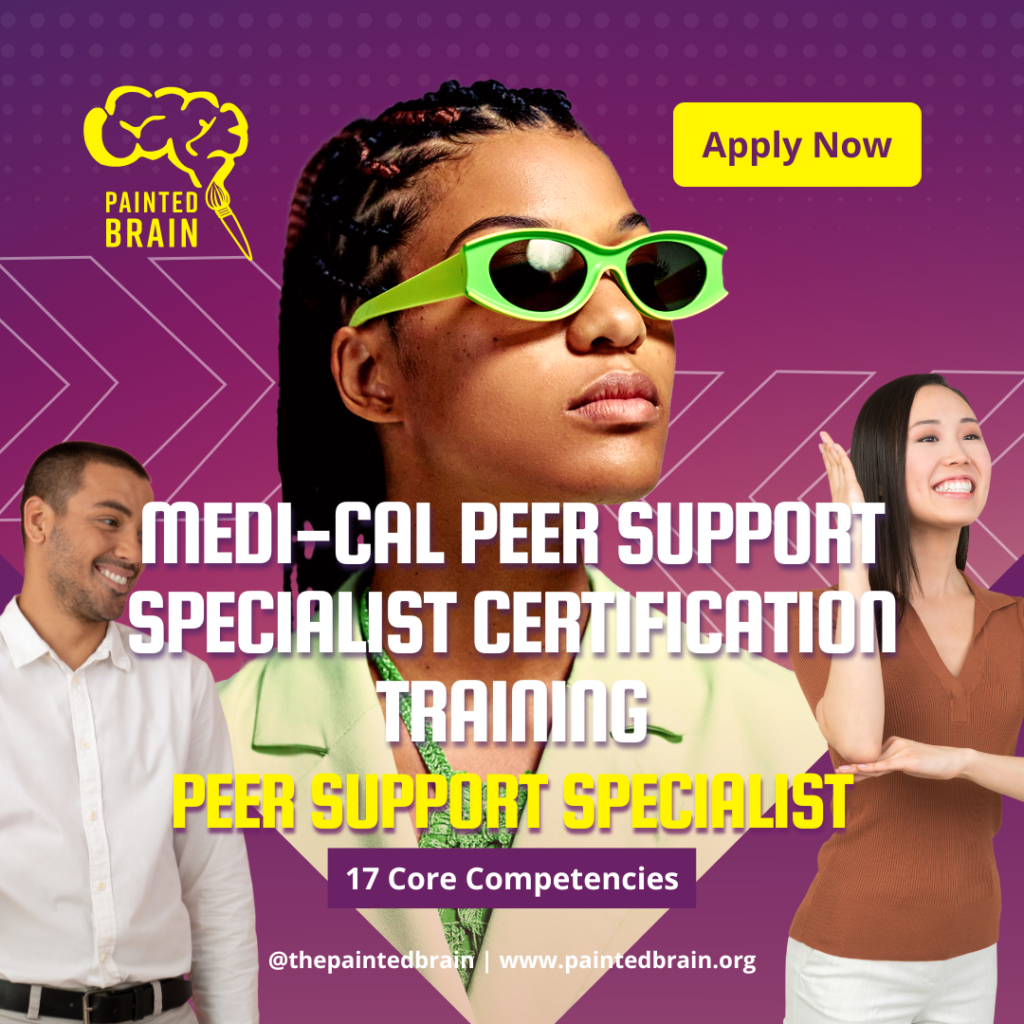Social support is critical in the treatment and recovery from neurological and mental disorders. According to research, people who have a strong support system have better outcomes and a higher quality of life. Several social support factors can have an impact on the lives of those suffering from neurological and mental disorders. This article will explore some of the most important and impactful factors related to social support.
Personal support networks
Having a supportive network of friends and family members is one of the most important factors. It has been demonstrated that people who have friends and family members who listen offer advice and provide emotional support have better outcomes and a higher quality of life. They are also more likely to stick to treatment plans and have a more positive outlook on their condition. A supportive network of friends and family members can also improve a person’s outlook and sense of hope. It can provide a sense of validation and understanding, which is especially important for people who have neurological or mental disorders and may feel isolated and alone. A supportive network can also provide practical and financial assistance, as well as emotional support, allowing individuals to better manage their condition and improve their quality of life.
Access to professional care
The presence of a caregiver or support person is another factor related to social support. Having a caregiver can make a huge difference in the lives of people who have severe neurological or mental disorders. Caregivers can assist with daily activities, emotional support, and gaining access to resources and services. They can also offer companionship and comfort to the individual. Having a caregiver can also improve an individual’s quality of life by giving them a sense of security and stability, as well as reducing the burden of care on them and their family.
The importance of healthcare
Healthcare professionals, such as doctors, nurses, and therapists, play an important role in providing social support to people suffering from neurological and mental disorders. These experts can offer advice, support, and referrals to other resources and services. They can also offer reassurance, hope, and encouragement to those suffering from these conditions. Furthermore, healthcare professionals can ensure continuity of care and meet the needs of the individual throughout their journey. They can also collaborate with the individual’s family, caregiver, and support network to provide holistic care.
Availability of NDIS support
The National Disability Insurance Scheme (NDIS) in Australia provides support and resources to individuals with neurological and mental disorders. A good NDIS provider can assist people with disabilities in obtaining the support and services they require to live a fulfilling life. NDIS providers provide services such as home modifications, personal care, and employment and education support. Individuals with neurological and mental disorders can benefit greatly from having access to these resources, which can improve their outcomes and quality of life.
The impact of technology
Technology has also had an impact on the availability of social support for people suffering from neurological and mental disorders. The internet and social media have made it easier for people to connect with others who are going through similar experiences. Online support groups and forums allow people to share their stories, offer support and encouragement to one another, and create a sense of community. Individuals with neurological and mental disorders, as well as their families, can benefit from online resources such as websites and smartphone apps. Telehealth services, such as teletherapy, have also become more accessible and popular in recent years.
Support from communities
Community support is an important aspect of social support for people suffering from neurological and mental disorders. Support from organizations, advocacy groups, and government agencies is included. Access to resources, advocacy, and support groups can all be provided by community support. It can also give people a sense of belonging and connect them with others who understand the difficulties of living with these conditions. What’s more, community support can help to raise awareness about neurological and mental disorders while also promoting inclusion and understanding. Joining a community support group can allow people to connect with others who are going through similar things and learn from their experiences.
Discrimination and stigma
Stigma and discrimination can also impact the availability of social support for people suffering from neurological and mental disorders. Unfortunately, many people continue to have misconceptions and prejudices about these conditions, which can lead to discrimination and social exclusion. Individuals with neurological and mental disorders may find it difficult to form relationships, find employment, and access resources and services as a result of this. To overcome stigma and discrimination, education, awareness, and advocacy efforts must be made in order to change attitudes and promote understanding and inclusion. Reducing stigma and discrimination can help individuals with neurological and mental disorders gain social support.
In conclusion, social support is critical in the treatment and recovery of neurological and mental disorders. Access to resources and services, as well as support from NDIS providers, can all contribute to better outcomes and a higher quality of life for individuals with neurological and mental disorders.
Photo by Jametlene Reskp on Unsplash




